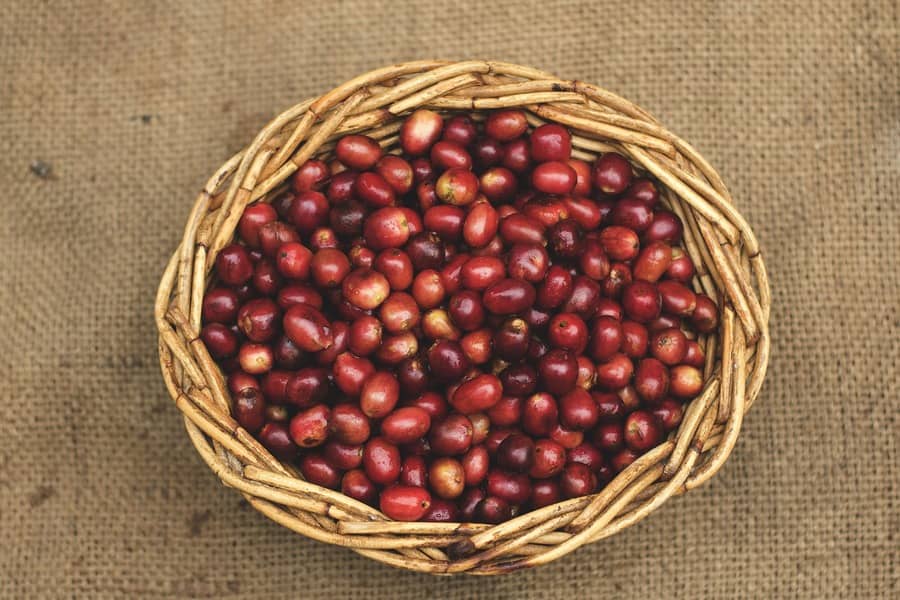World coffee exports continue at a slow pace. The latest ICO data indicated an accumulated volume for the 22/23 business year (Oct/Apr) of 72.19 mln 60-kg bags, which corresponds to a 6% drop compared to the same period last year. Arabica shipments were negatively impacted by low production in Brazil in 2022 and the crop failure in Colombia due to the effect of consecutive La Ninas.
Robusta shipments go the other way around, accumulating gains in the period. And with that, robusta’s share rises to nearly 41% in the partial cumulative volume of the season. In the same period last crop, it was just over 37%. Meanwhile, in the same period, the share of arabica decreased from 63% to 59%.
In addition to lower arabica production, the change in demand behavior also contributed to this change in robusta’s share. The global industry has switched from arabica to robusta in its blend. The fact is that the arabica rally was not followed in the same proportion by robusta, which explains this decision to change the blend because of costs.
But the crop failure in Indonesia and short stocks in Vietnam coupled with strong demand led to an escalation of robusta prices, which reached the highest level in 15 years. This change in the price curves should affect the behavior of the demand for robusta and be reflected in the next ICO reports.
Arabica’s ICO price differentials against the 2nd position on ICE US became weaker, reflecting the arrival of Brazil’s 2023 crop. Coffee milds, both from Colombia and Central America, also retreated, even in the face of lower physical availability in this final stretch of the season. Brazilian naturals also feel the impact of the arrival of new coffee on the market. The exception is robusta, which gains value against the arabica reference in New York.

